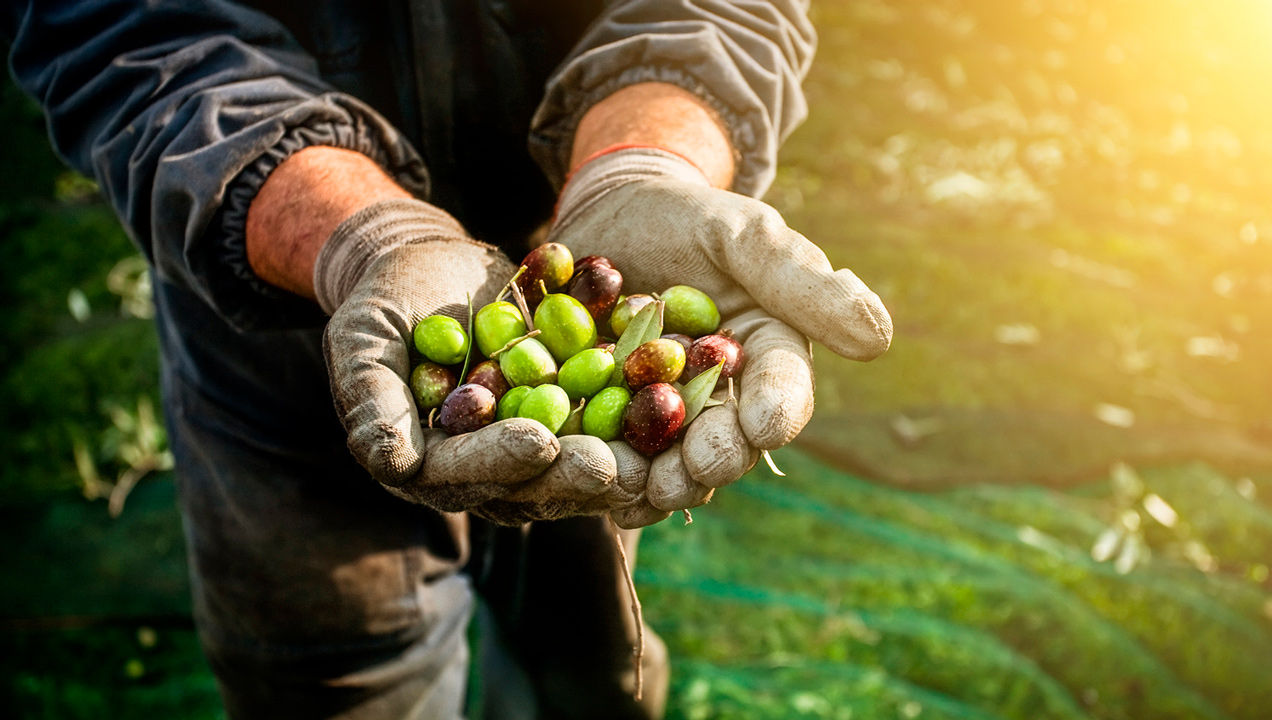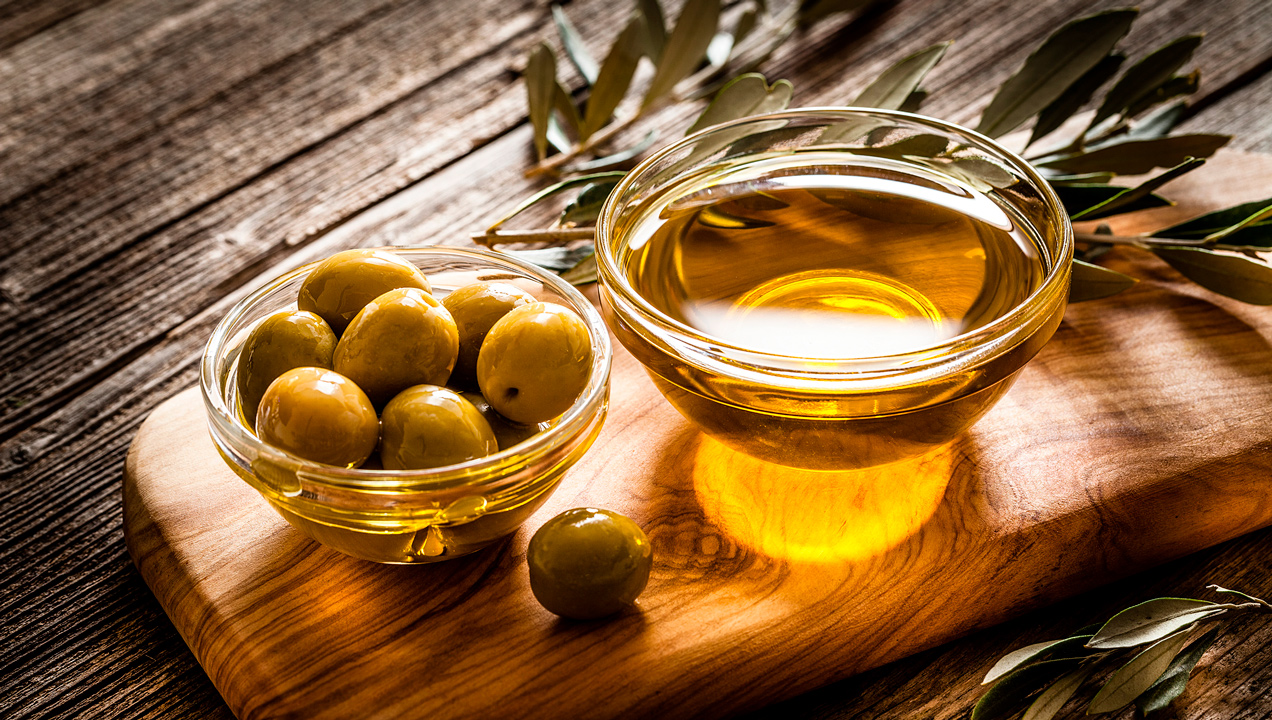Olive Oil
The European Union has a long history when it comes to producing high-quality olive oil. The warm climate and geography of the south of the European Union provide ideal conditions to grow olives that are rich in flavour, making the region a leading and trusted producer.
Almost 100 different olive oils, produced in France, Greece, Italy, Portugal and Spain, are protected by Protected Designation of Origin (PDO) and Protected Geographical Indications (PGI) labels. This means that Japanese consumers can be sure these olive oils have verified ties with the region and that they are produced using traditional methods. This is a guarantee of authenticity and quality.
The safety of olives and olive oils from the European Union is guaranteed by measures that safeguard the health of the trees and the olives. There are strict rules on traceability: every batch of olives can be traced back to exactly where it was produced. Many olive oil producers in the EU have chosen to grow their olives according to the EU’s organic production standards, which makes sure no harmful processes are used.

Production perfected over centuries
The manufacturing process of olive oil in Europe has been perfected over centuries. While the general production method is fairly standard, many variations and subtleties, individual to Member States, regions and producers, exist. Differences in regional climate and production methods mean that olive oils vary in taste and colour.
The production of olive oil begins with the pruning (trimming) of olive trees to give space for the best olives to grow. The ripe olives are then collected from the tree or the ground. Once selected, the olives are washed and prepared for crushing. In the past, the crushing was traditionally done with large stones, but steel blades have now replaced these. The crushed paste is then ‘macerated’ to release oil droplets. The residue is spun in a centrifuge to separate the olive oil and water.

Part of a healthy diet
Olive oil is considered a healthier alternative to other culinary oils. Scientific research confirms that olive oil offers real health benefits, because it contains oleic acid, a monounsaturated fatty acid that helps fight cardiovascular diseases and diabetes. Olive oil is not only used in the kitchen, but also in cosmetics and massage oils, for example.


